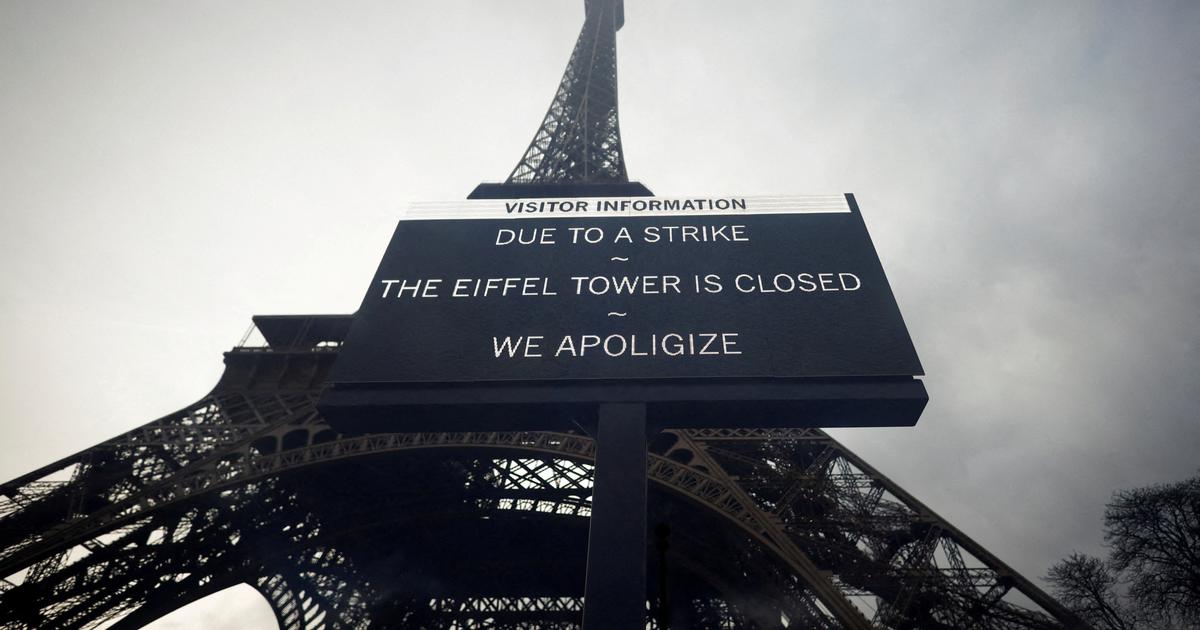The terrace of a bar in Saarbrücken, Saarland, on April 6 Oliver Dietze / AP
The German Chancellor, Angela Merkel, had been warning the leaders of the Länder for days: to contain the third wave of the pandemic it is necessary to impose more restrictions, not soften them.
The number of daily cases continues to rise (they were more than 25,000 this Thursday) and the intensive care units of the hospitals are already very stressed, with about 4,500 hospitalized coronavirus patients.
Despite the evident poor evolution of the crisis, some regions have begun to de-escalate.
And each in its own way, which has caused that there are States with closed non-essential trade, others in which a negative test is required to enter the shops and some, such as the Sarre, that have even opened the terraces of bars and restaurants.
Merkel has stood up: she has decided to take control and centralize the management of the pandemic.
Next week he will propose a reform of the Infection Protection Law that establishes limits and common measures that will be mandatory.
For now, the Chancellor is clear about the appropriate recipe to cut infections: apply a new closure, short-lived, but stricter than the one that has been in force in recent months.
And, of course, with the same measures throughout the territory.
The objective is to reduce the incidence and buy time until a greater percentage of the population has been vaccinated.
So far about 15% of Germans have received at least one dose.
Some regional leaders support the proposal, such as Armin Laschet, the president of the CDU, Merkel's party: "The rules of social distance, the obligation to wear masks and curfew should be regulated at the federal level," he also said. President of the State of North Rhine-Westphalia, a region of almost 18 million inhabitants.
But there are also regional barons who do not agree and are reluctant to return to the restrictions and to cede powers to Berlin.
The discrepancies are so great that the summit between the Chancellor and the leaders of the States, scheduled for next Monday the 12th, has been suspended, as confirmed this Friday by the deputy government spokesperson, Ulrike Demmer.
It is not planned to celebrate it throughout the week.
Instead, the German Executive will advance its weekly meeting to Tuesday - normally held on Wednesdays - to propose to the parties and the regions the modification of the law and get the federal government and the
Länder to
act in a coordinated way, added Demmer.
German Chancellor Angela Merkel at a press conference on March 30. POOL / Reuters
The rule that will be modified is the Infection Protection Law, which was approved during the first wave of the pandemic to grant wide powers to the Minister of Health, Jens Spahn.
Until a few weeks ago, the regular meetings between the chancellor and the states ended with agreements that the regions later respected, but that consensus began to break down in March.
Some did not apply the so-called
emergency brake
that they had agreed to at the beginning of that month: a reverse gear in the de-escalation if an incidence of 100 cases per 100,000 inhabitants was exceeded in seven days.
The truth is that practically no State has closed again what it had opened.
The last meetings have lasted for hours due to the impossibility of agreeing on common measures.
Merkel's last press conference after one of those meetings was at almost three in the morning, after 12 hours of negotiations.
The objective of the modification is "to act in a federal way," said the spokeswoman for the Executive.
The text will specify what restrictions will be applied in the regions that exceed a weekly incidence of 100 and it will be mandatory to comply.
Currently, the country's average is 110 cases per 100,000 inhabitants and has been rising since mid-February, when it was around 60. The peak of incidence was registered before Christmas, when they touched 200 cases per 100,000 inhabitants.
According to data from the Robert Koch Institute, in the last 24 hours there have been 296 deaths from coronavirus.















/cloudfront-eu-central-1.images.arcpublishing.com/prisa/IGZ7GOCXZ5GUPAQ2HWGK6Z76BU.jpg)